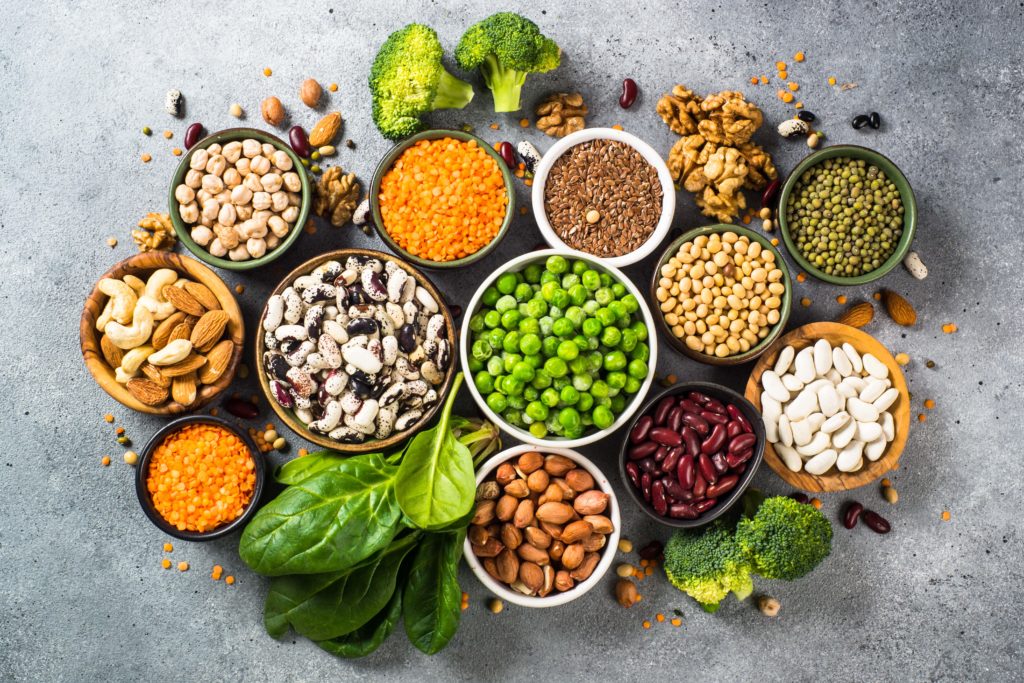Growing Concerns Over Global Food Security
Food shortages and the environmental challenges affecting global supply chains are concerning for consumers. Over the next decade, food systems may struggle more visibly to meet the growing demands of a rising global population.
Pressure on Stakeholders to Adapt
Around the world, governments, public health organizations, and food and beverage companies are facing pressure. This is because supply chains are less capable of feeding everyone. As a result, this has prompted a growing focus on alternative protein sources that could help ease shortages. They could also reduce malnutrition, and address diet-related health issues. This could particularly be the case in developing regions where climate change and shifting dietary habits are worsening the strain on supply systems.

Consumer Awareness and Concern Is Rising
Consumer insights from FMCG Gurus reveals widespread awareness of these challenges. Many are concerned about food shortages, whether due to the visible effects of climate change, reduced product availability in stores, or rising food prices driven by scarce ingredients. As a result, there is increasing recognition that the food industry must undergo fundamental change to ensure long-term sustainability.
Solutions in Sight
Several solutions are being explored, including the use of Artificial Intelligence in food production and the development of alternative proteins, such as those derived from marine sources. One particularly promising concept is the rise of protein hybrids, products that blend both animal-based and plant-based proteins. These hybrids aim to reduce dependence on animal proteins while appealing to consumers who might be skeptical of fully plant-based options.
Shifting Diets in the Name of Sustainability
Many consumers are already shifting their diets to be more sustainable, often by cutting down on animal-based products. While most still believe that large-scale change is primarily the responsibility of governments and corporations, often citing corporate greed as a root cause of environmental issues, they also understand that individual actions can make a difference. In turn, they’re more likely to support brands that reflect their values and commitment to sustainability.

The Rise of Plant-Based and Flexitarian Eating
The popularity of vegan, vegetarian, and flexitarian diets has grown in recent years, though adherence varies. While many consumers are reducing meat, dairy, and fish consumption due to concerns about animal welfare, carbon emissions, and the environmental impact of agriculture, long-term commitment can be inconsistent. This is largely because factors like taste and nutrition often outweigh sustainability when it comes to actual purchase decisions. Many still believe plant-based alternatives fall short in flavor and may not provide all the necessary nutrients.
Why Protein Hybrids Make Sense
This is where protein hybrids offer a unique advantage. By blending the sensory appeal and nutrition of animal products with the sustainability of plants, they can appeal to a broader audience, including those who are hesitant about fully plant-based options.
Addressing Taste and Nutrition Barriers
The food industry acknowledges that protein hybrids could play a key role in addressing two major challenges: the need for sustainable, scalable protein solutions, and the negative perceptions surrounding the taste and nutritional value of current plant-based products. According to FMCG Gurus consumer insights, 56% of global consumers are open to the idea of protein hybrids, signaling strong potential for growth. However, it’s important to note that there remains a segment of consumers who strongly oppose the concept, highlighting the need for clear communication and thoughtful product development moving forward.